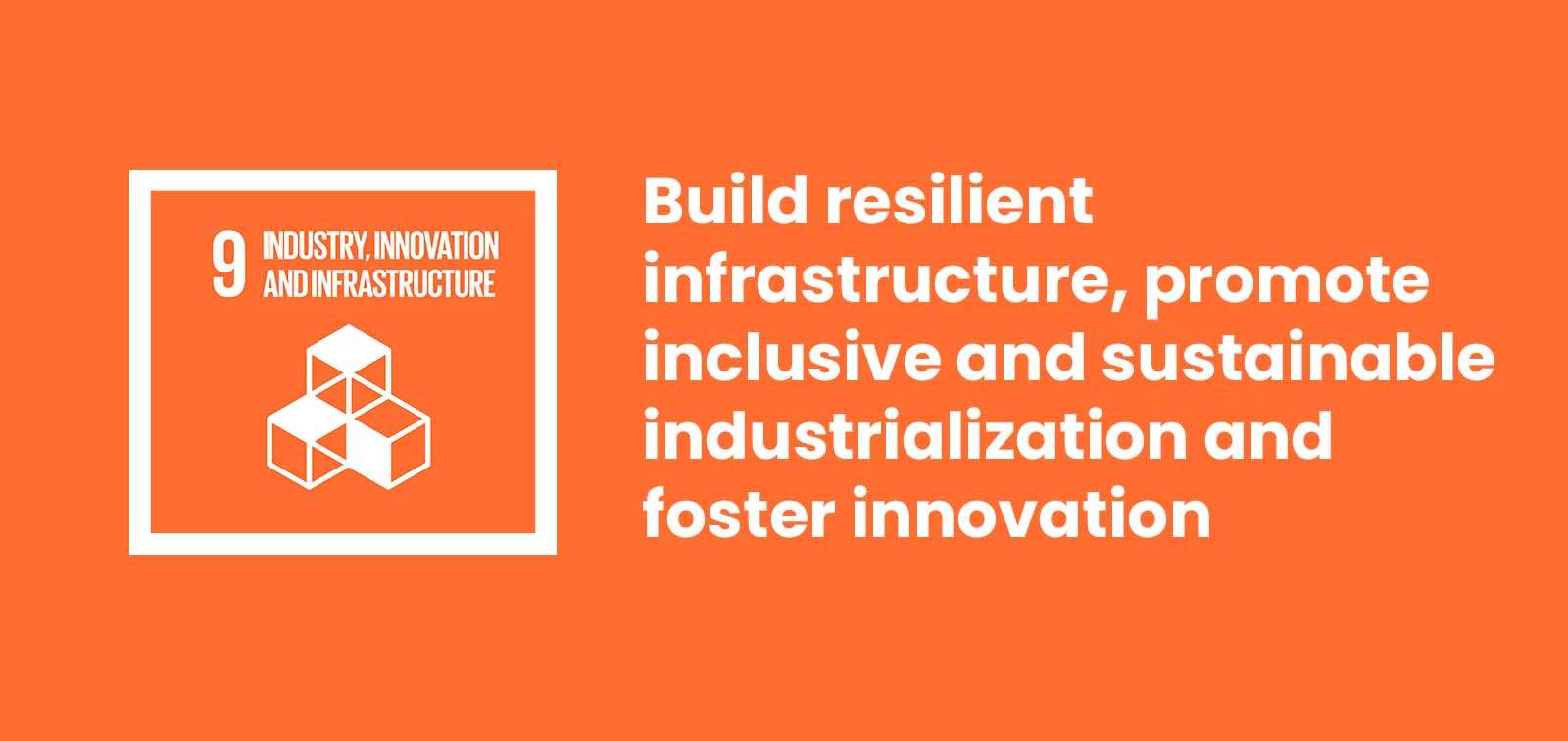Overview: Materials Science and Engineering is increasingly critical in today’s world, influencing everything from aerospace to energy industries. With advances in technology, the field now enables innovations like photon-to-electricity conversion, conductivity, and thermal insulation. The demand for new materials and sustainable solutions has grown, with industries and governments focusing on this vital field.
PhD Program: Jimma University offers Ethiopia’s only PhD program in Materials Science and Engineering, dedicated to educating students in both theory and practical applications. The program emphasizes applied materials, fabrication techniques, and experimental development tailored to Ethiopia’s needs, aiming to position the country on the global research stage. The curriculum meets international standards while addressing local requirements.
Impact: Graduates will become essential assets in Ethiopia’s industrial and technological growth, providing innovative materials and solutions. The program addresses the shortage of technical professionals in this field, equipping students with the skills to tackle current and future challenges in energy, infrastructure, construction, and medical science.
Objectives:
- Provide in-depth knowledge and research skills in Materials Science and Engineering.
- Enhance publication, presentation, communication, and grant-writing skills.
- Cultivate an international working background and organizational abilities.
Vision: To produce skilled professionals who contribute to Ethiopia’s and the world’s development, focusing on solving local problems and advancing scientific projects.
Mission: Deliver high-quality, practical education in an international environment to produce top-tier Materials Science and Engineering graduates who will lead Ethiopia’s technological, industrial, and social transformation.
Advancing Sustainable Development through Materials Science & Engineering
The PhD program in Materials Science and Engineering at Jimma University plays a pivotal role in addressing Ethiopia’s and global development challenges by aligning with multiple Sustainable Development Goals (SDGs). The program directly contributes to:
- Affordable and Clean Energy (SDG 7): Through courses on energy conversion and electrochemical methods, the program equips students with skills to innovate in renewable energy technologies, crucial for sustainable energy solutions in Ethiopia.
- Industry, Innovation, and Infrastructure (SDG 9): The program’s focus on advanced materials, such as nanomaterials and smart materials, drives industrial innovation, enabling the development of infrastructure that is both resilient and sustainable.
- Responsible Consumption and Production (SDG 12): Emphasizing sustainable materials processing and recycling, the curriculum prepares students to create materials that minimize environmental impact and support a circular economy.
- Climate Action (SDG 13): By exploring materials that reduce emissions and enhance energy efficiency, the program contributes to global efforts in combating climate change.
- Life Below Water and Life on Land (SDGs 14 & 15): Research and development within the program foster innovations in materials that can be used in environmental protection, including water purification and soil stabilization.
The program is designed to equip graduates with the expertise needed to drive Ethiopia’s industrial development, reduce reliance on imported materials, and create locally sourced, sustainable solutions. By integrating cutting-edge scientific research with practical applications, the program ensures that its graduates are prepared to meet both current and future challenges, making significant contributions to the country’s sustainable development.






